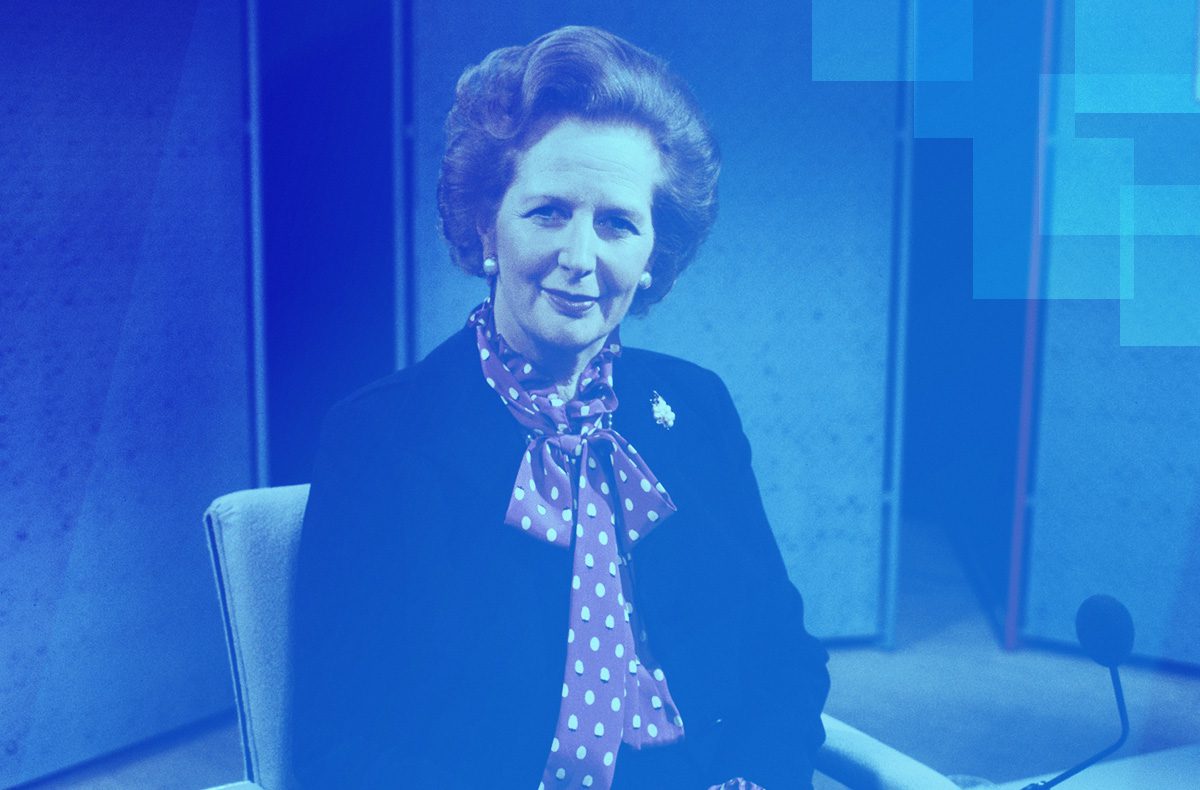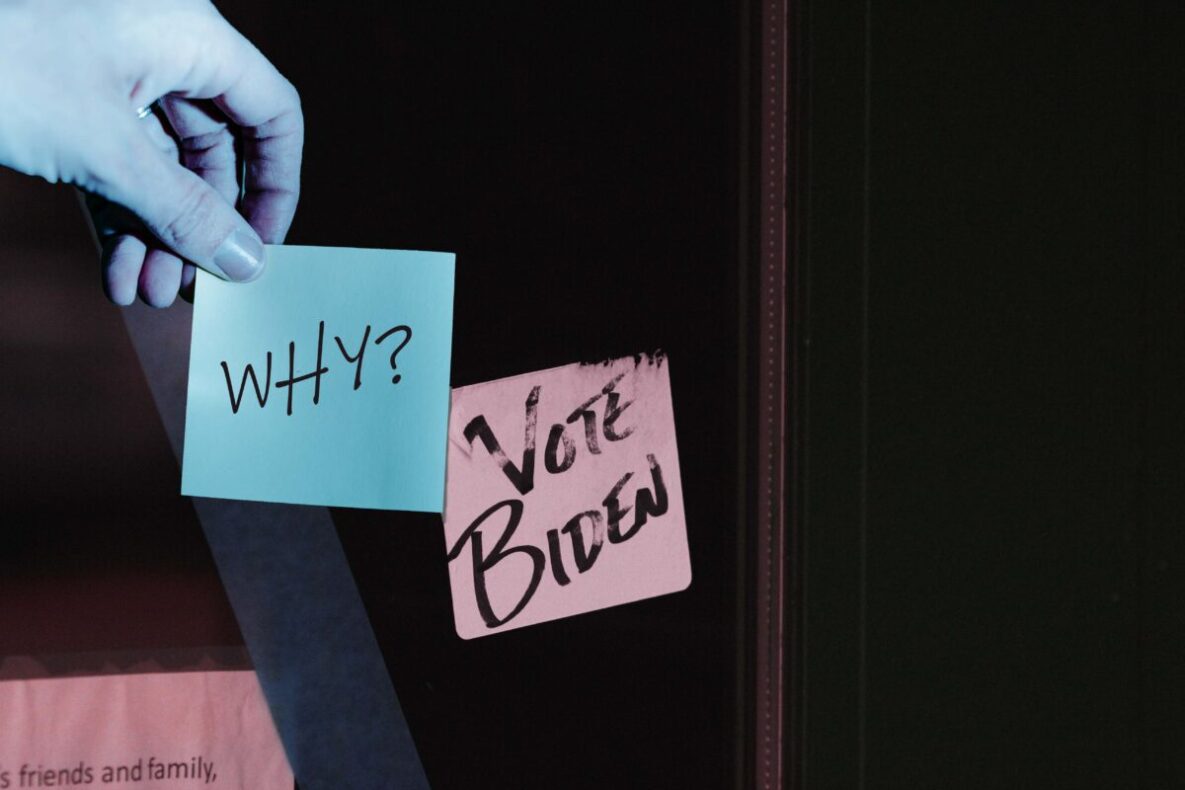
Compelling Speech: The Stammering Enigma is my eighth book. It was written during an enforced sabbatical in a 200-year-old granite building on Dartmoor during lockdown, after reflections on my way of speaking since the age of five. Former BBC Head of Arts Jonty Claypole’s similarly themed Words Fail Us and George Orwell’s Down and Out in Paris and London were definite touchstones for inspiration.
Over the 40 years before its writing, I’d gone through conventional speech therapy, relaxation techniques, hypnosis, positive self-talk, coping toolkits and active language teaching. This was before coming to my own conclusion that if nothing else, the more I speak, the less I stammer—or at least the stammering itself becomes less intense.
The process of teaching, the clarity required and the emphasis on delivery rather than precognition over its reception, seemed to short-circuit the stammering blocks in a way similar to behind-the-ear feedback devices. The Stammering Pride movement takes its cues from the decades-old disability lobby in attempting to take control of the societal narrative concerning stammering, summed up in the phrase “Nothing about us without us.” I offer various perspectives of this in the book.
Media representations in Britain of stammering shopkeepers and functional idiots in Monty Python films are attacked by Pride activists as problematic rather than inclusive. There is little acceptance that these characters are usually quite well fleshed-out in a “whole-person” kind of way. It is important to accept that you stammer in terms of going with the flow of life, but the truth remains that things become easier when you don’t stammer. Key is reducing the neurotic stresses that can come with stammering and it’s arguably as close to the idea of a “cure” as exists. Like grief, for most its heaviness lightens over time.
Societal expectation of fluency is normal, since it is only one percent of people who stammer. None of that stops society being very interested in the condition, since people can tell there is usually little else notably “different,” let alone self-inflicted, about the person who stammers. It is “othering”—but in a truly inclusive society, othering is surely nothing to fear.
Yet much of the recent movement towards a more inclusive society fixates language itself, which presents an additional impediment to those who already struggle to speak freely. The pivot to gender-neutral pronouns, away from the presumption of “he” or “her,” for example, is challenging for many, but can feel completely impossible to those who stammer. While each person’s specific challenges can vary, it’s generally accepted that one of the most important therapies for overcoming a stutter are “to help the person feel relaxed and confident.” It is difficult to feel relaxed when second-guessing oneself constantly.
As I have mentioned, in my experience, the more I speak, the less I stammer, and the less I focus on finding the “right” words and focus on communication, the more fluid my speech. The ongoing debate over the policing of language presupposes a certain freedom of speech that some of us do not naturally possess. The hiccups of second guessing if I’m saying the “right” thing can short circuit the entire communicative process, in essence discouraging speech altogether. This also assumes a conscious intent or malice behind speech that is not accurate for all people. The production of the sounds themselves might lead the person who stutters into words they don’t intend—words that can offend, or be interpreted as intentionally malicious. In this way, predominant movements towards “inclusivity” in speech today are, in practice, exclusionary against those who find verbal expression challenging.
So while some complain about the difficulty of incorporating gender neutral terms as a new norm, the person who stammers is facing an even taller challenge, as they already have been grappling with a lifelong struggle with the machinery of producing words, and now we are changing the rules midstream. Sometimes, failure to adapt isn’t a sign of intolerance, but of a hidden disability. What if they couldn’t use them at all? What if you were required by singer Sam Smith to use “fisherthem” rather than “fishermen,” but weren’t even able to, even if you were willing? When does disability become accidental disobedience? Would this “out” someone as a person who stammers?
For the speech-typical who struggle to adopt this new speech, it’s hard to see where it all ends. For the person who stammers, it’s sometimes harder to see how it can easily begin. As we look towards creating a more inclusive world, we need to consider what real inclusivity should entail. Surely it is better to have an imperfect yet thoughtful conversation, rather than a world where, afraid to say the wrong words, we all fall silent.





